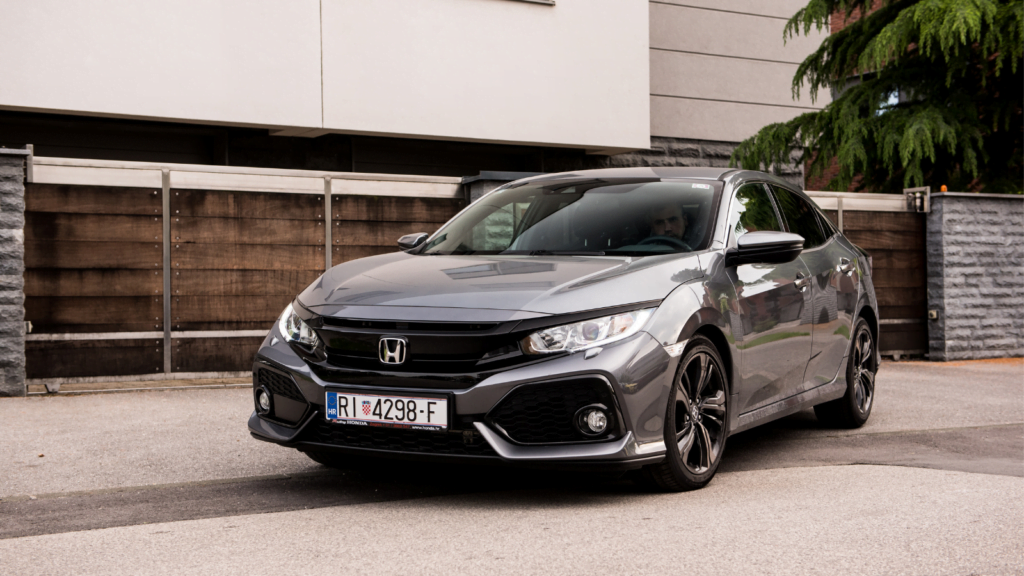When it comes to cars, Canadians are a pragmatic bunch. We want our vehicles to survive potholes big enough to qualify as minor canyons, start at -30°C, and not spontaneously combust on the 401. So, when Transport Canada issues a safety recall, it’s not just a suggestion—it’s a full-blown alarm bell. Here are 18 vehicles that have raised serious safety flags in Canada.
Honda Civic (2016–2019)
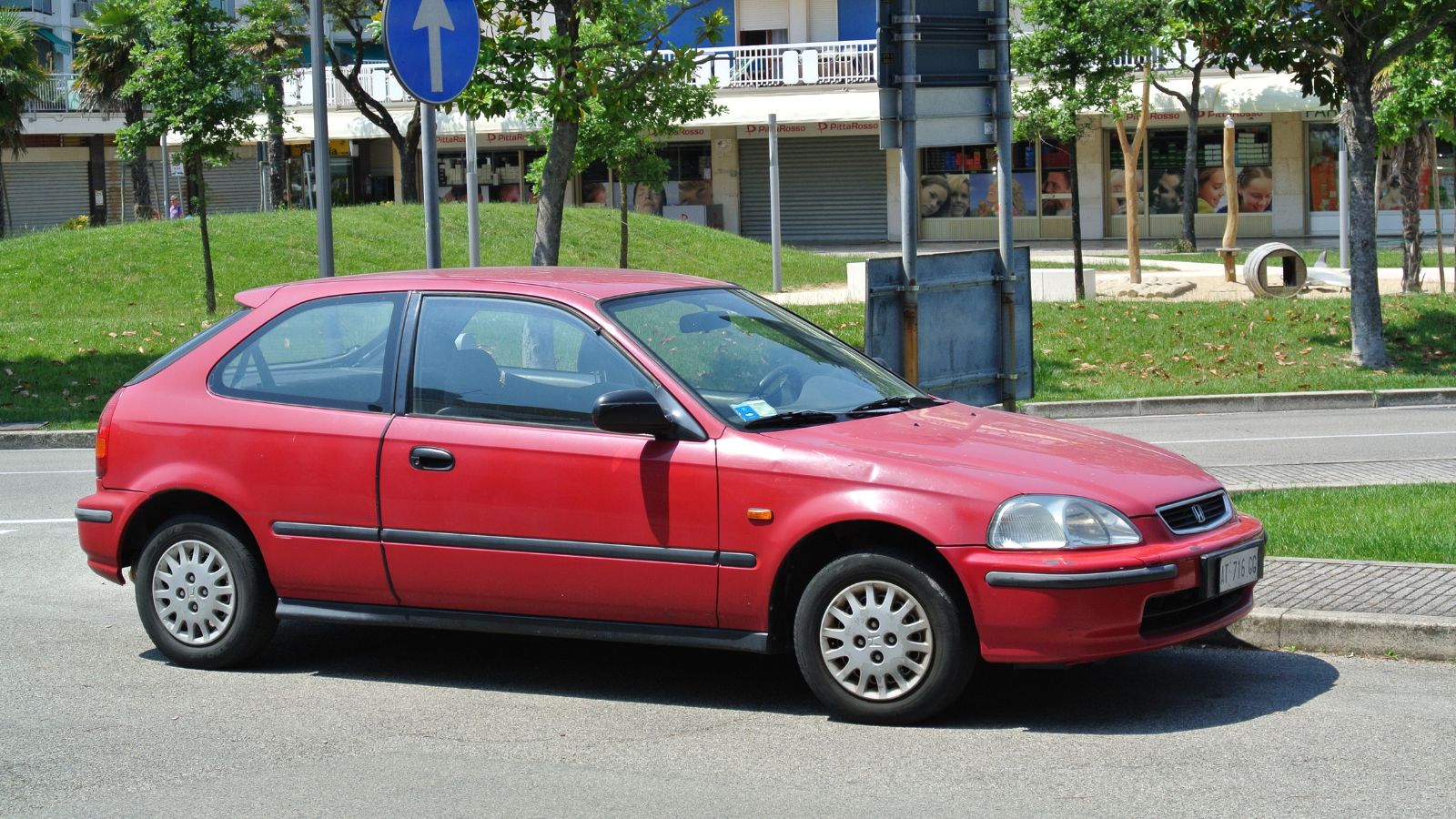
The Civic may be Canada’s sweetheart, but recent recalls involving faulty fuel pumps are no joke. These pumps could cause the engine to stall without warning. That’s not ideal when merging onto the 401 at rush hour. In December 2023, nearly 298,000 Canadian Civics and other Hondas (including 2017–2019 Civics) were recalled for fuel‑pump impeller issues that could stall the engine mid-drive. Transport Canada even issued multiple recall campaigns urging affected owners to get this fixed.
Toyota RAV4 (2013–2018)
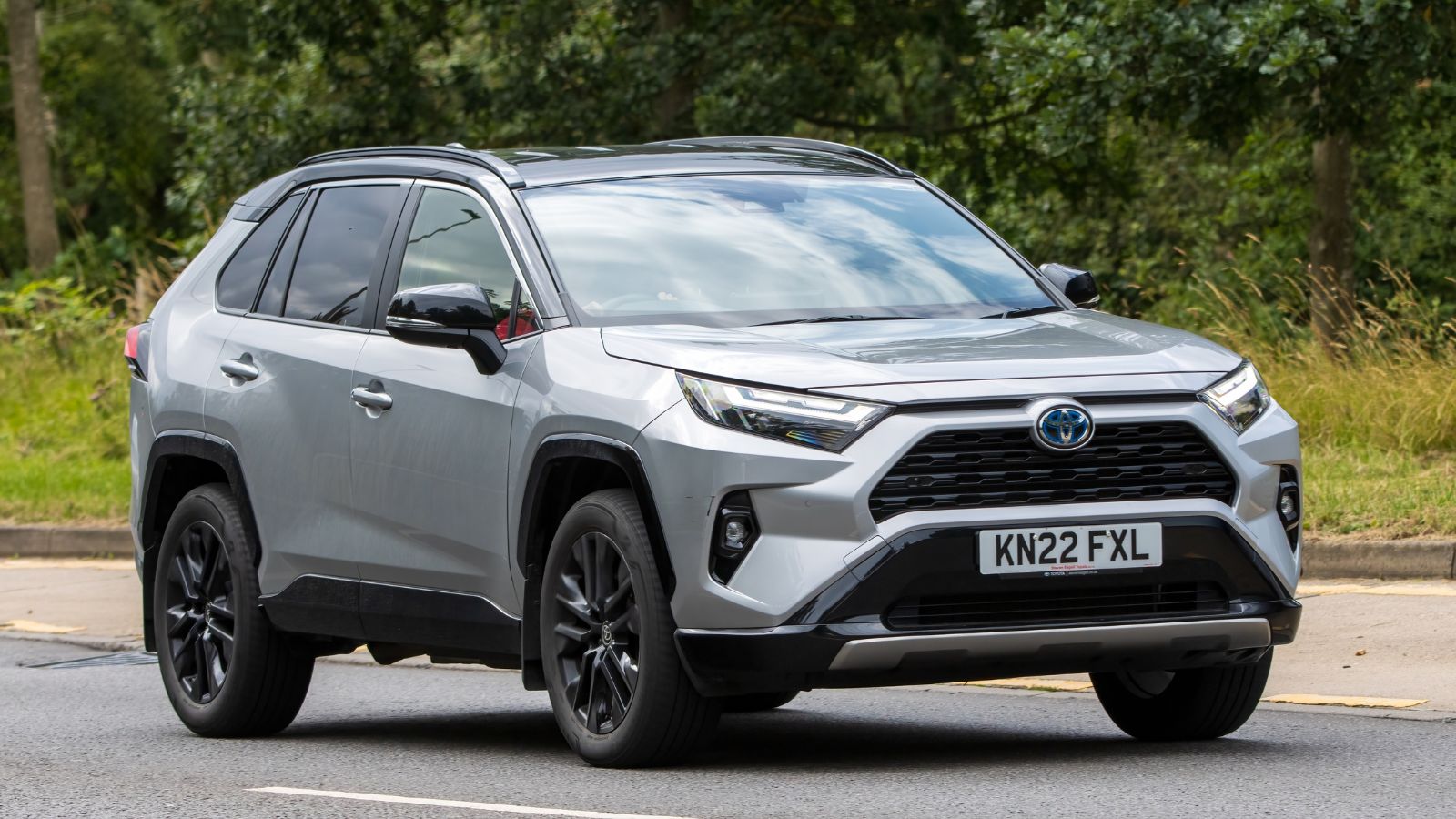
The 2013–2018 Toyota RAV4, one of Canada’s most popular compact SUVs, has been hit with a significant safety recall that no driver should ignore. In 2023, Transport Canada and Toyota issued a major recall affecting over 300,000 RAV4s due to a fire risk involving the 12-volt battery. The issue? Replacement batteries that don’t meet Toyota’s size specs can shift during sharp turns or sudden stops, potentially causing a short circuit and sparking a fire.
Ford Escape (2013–2019)
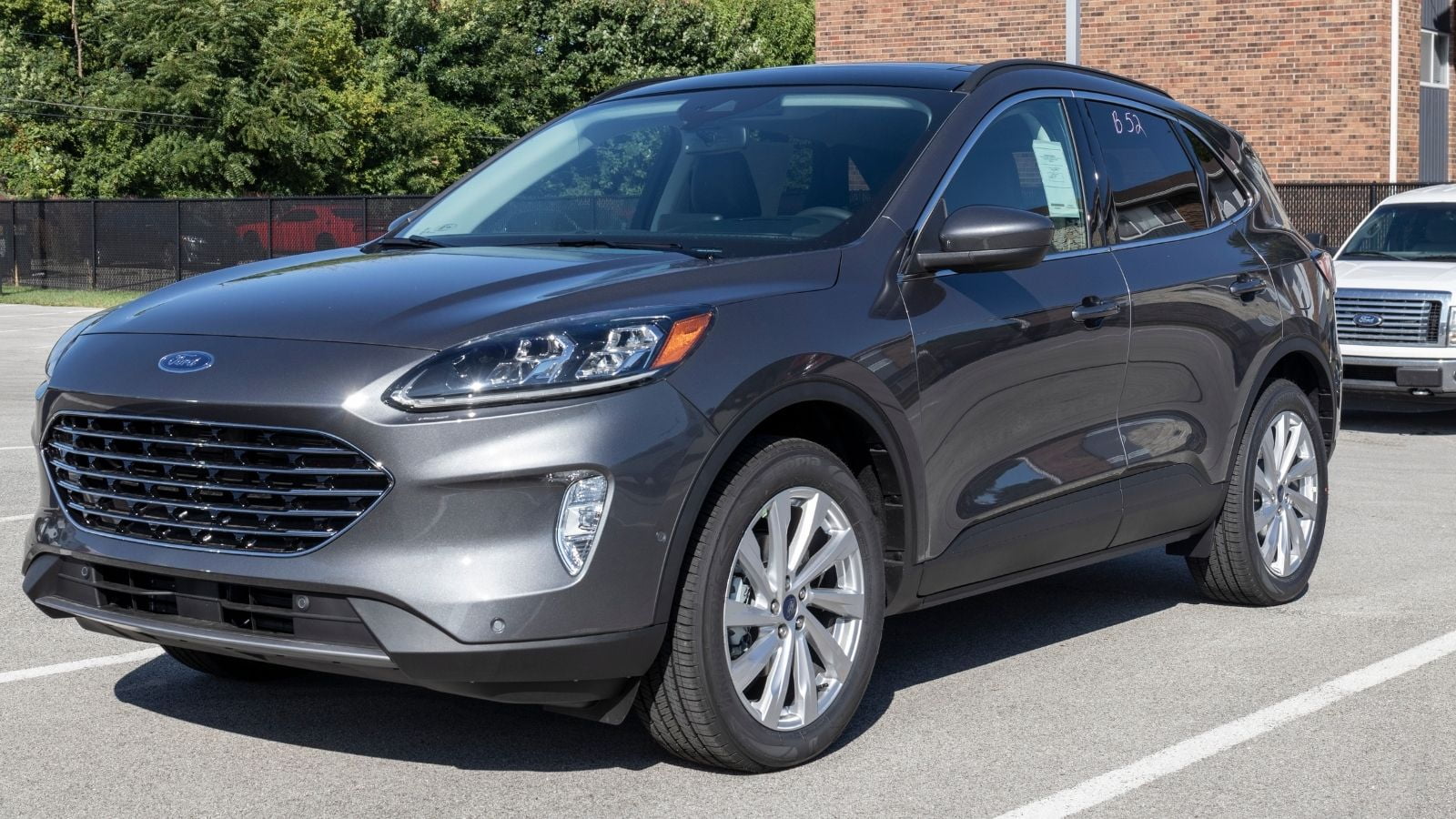
The 2013–2019 Ford Escape sold in Canada was subject to a significant safety recall due to a serious transmission “rollaway” defect. A faulty shifter‑cable bushing—responsible for correctly engaging the gear—can degrade or detach, leaving the vehicle in a different gear than the driver believes. The car might not be secured in Park, risking unintended movement and crashes. Transport Canada even flagged these as serious safety concerns, and Ford issued several repair campaigns in response.
Hyundai Elantra (2017–2020)
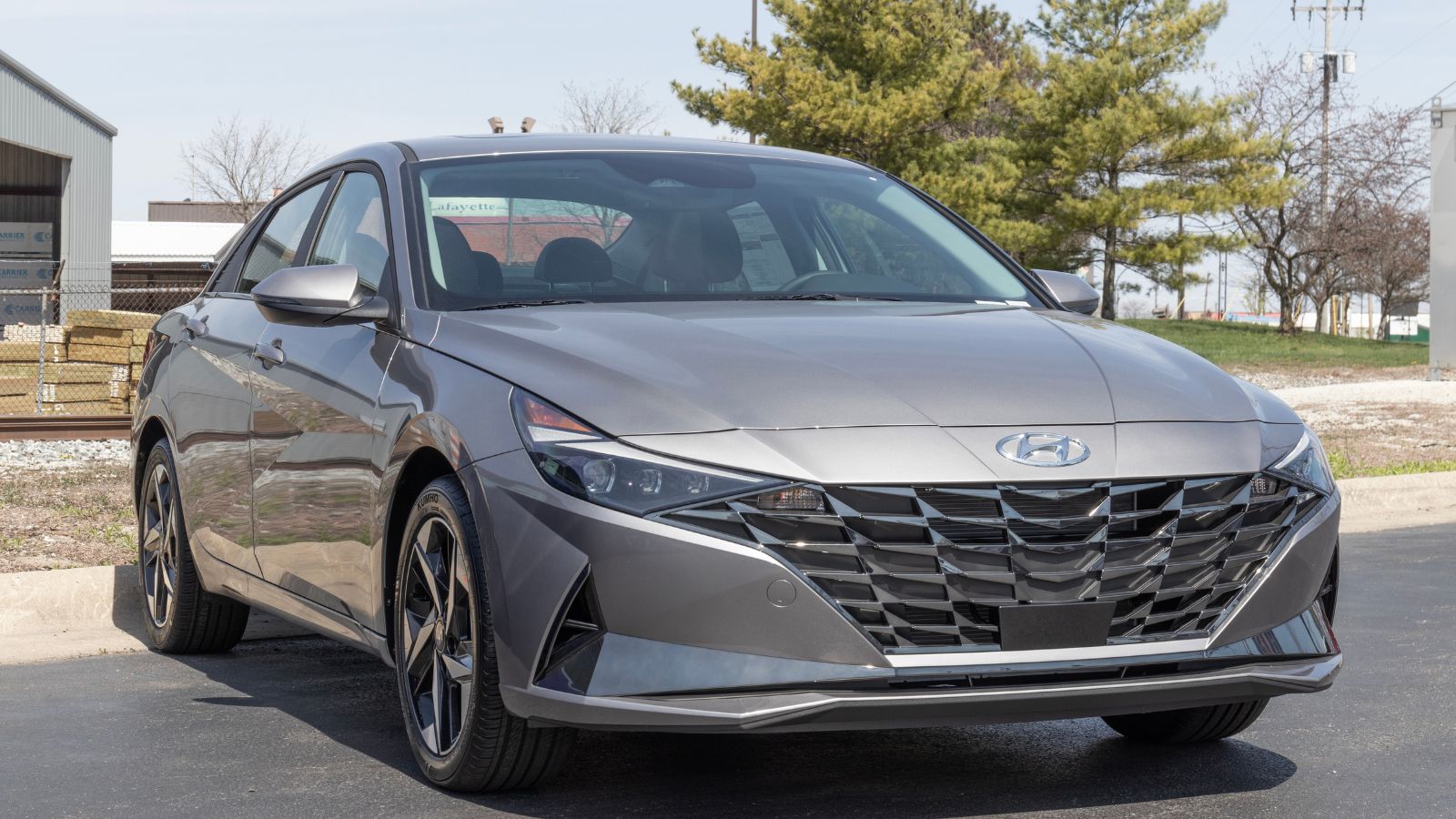
Elantras were recalled for faulty ABS modules that could short and cause engine compartment fires. The 2017–2020 Elantra also endured high-risk recalls. In late 2019, some 2020 models had loose right rear lug nuts or lower control arm ball joint fasteners—both could cause wheel detachment, risking crashes. Also, in April 2021, a recall across 2019–2020 Elantras addressed defective piston oil rings, which could cause engine failure or fire; it affected over 60,000 units in Canada. These defects encompass airbags, braking, steering, wheel retention, suspension, and engine, each posing serious safety threats.
Kia Sportage (2017–2021)
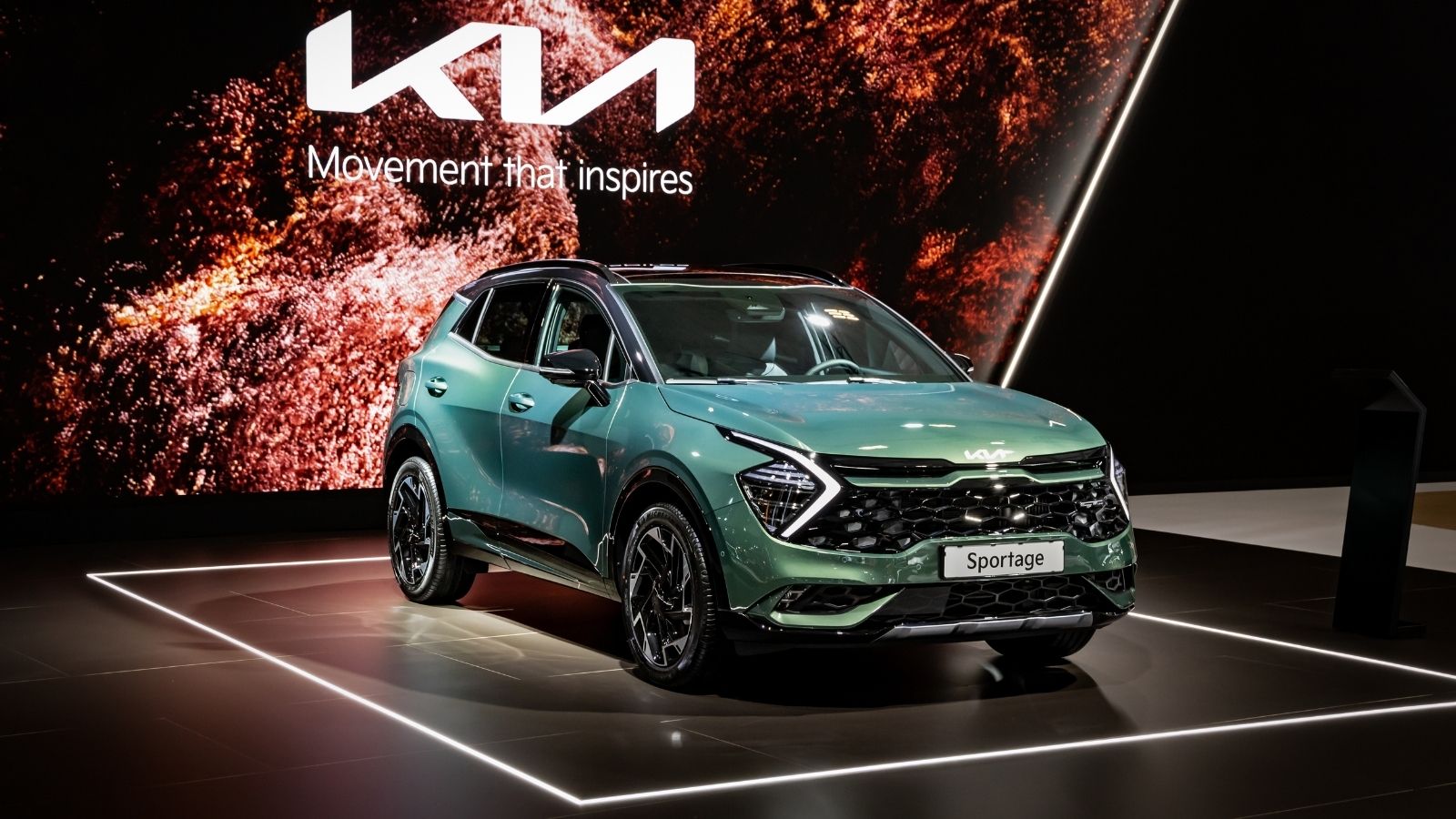
Kia recalled the vehicle because its ABS control unit was acting up. The recall, initiated by Kia in late April 2021, affected over 379,000 North American units, including Canadian vehicles. Owners were urged to park outdoors, away from structures, until free repairs were completed. The fix involved installing new ABS fuses and updating HECU software where necessary.
Jeep Cherokee (2014–2020)
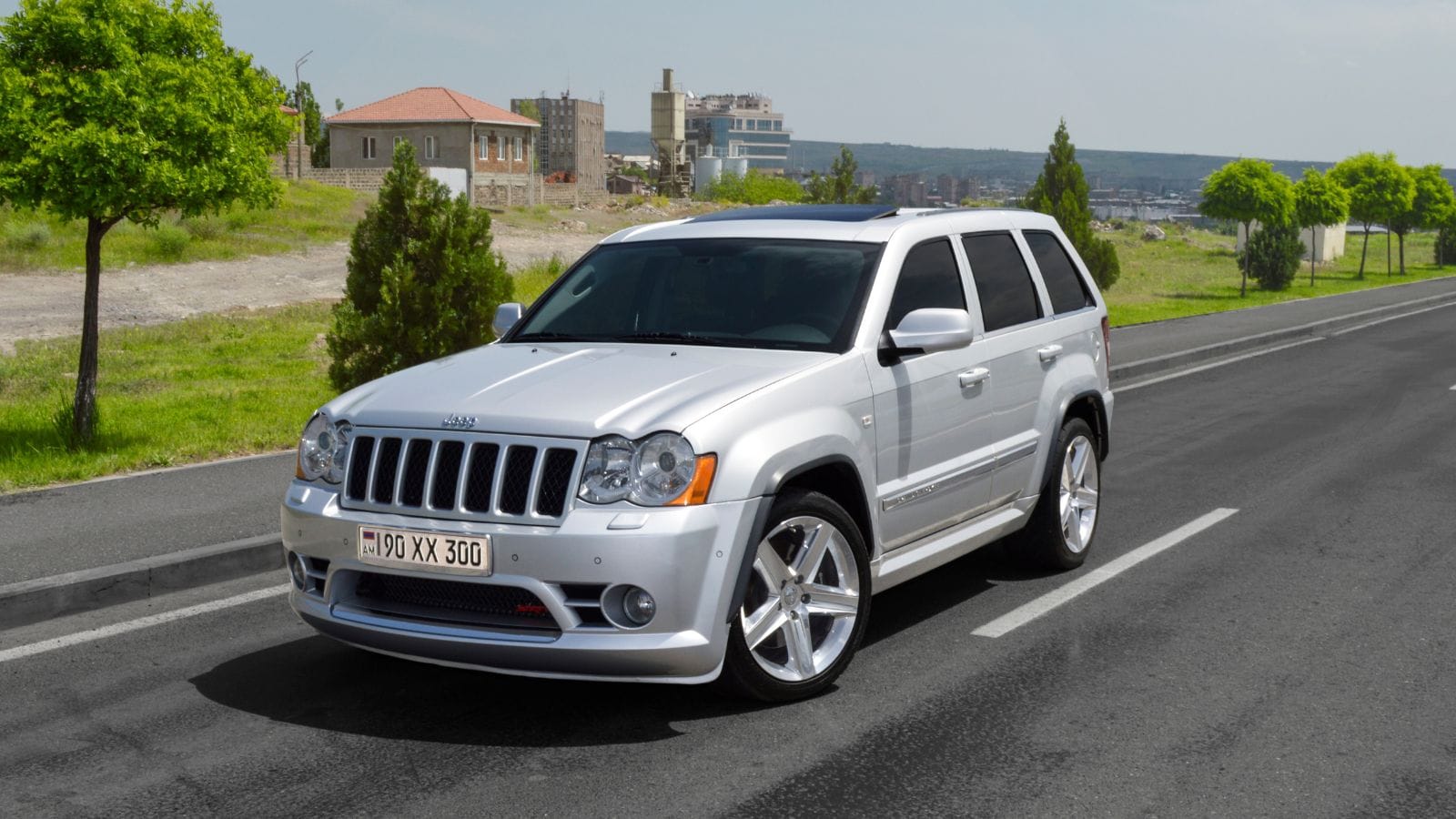
The Cherokee had transmission issues that could cause unexpected gear shifts or total transmission failure. In 2023, an urgent electrical fire issue emerged in 2014–2016 models with power liftgates—moisture could short the module and ignite a fire, whether parked or running, prompting owners to park outdoors until repairs were available. Additionally, a 2016 recall covered under-torqued seat fasteners on 2014–2016 models, undermining crash‑worthiness.
Chevrolet Silverado 1500 (2019–2021)
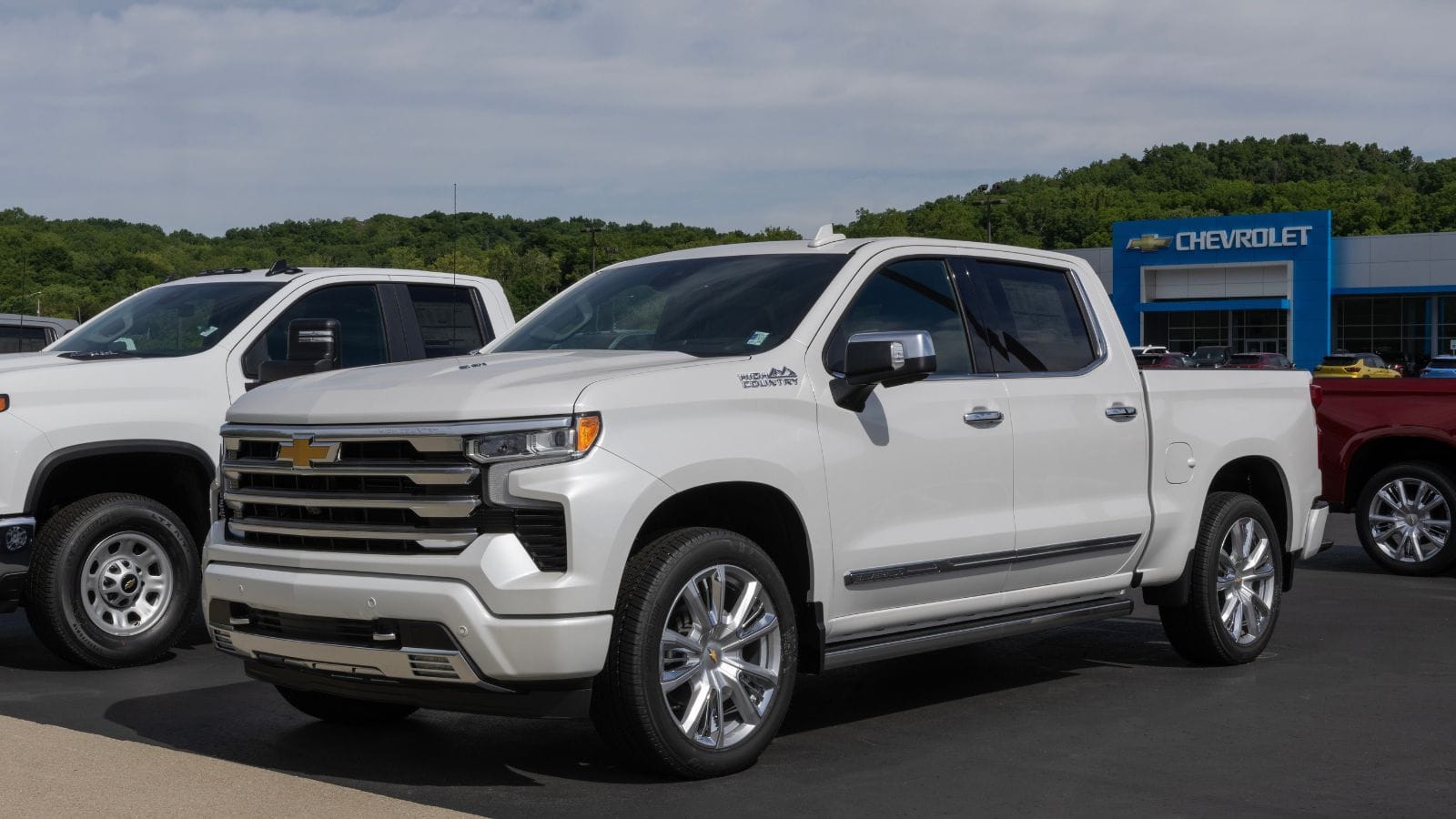
Canada’s favorite workhorse saw recalls for faulty seatbelt systems and potential brake failure due to software malfunctions. Particular trucks equipped with 18–22″ tires and a mismatched 17″ spare could turn off the anti-lock braking system when the spare is used, significantly increasing the stopping distance and risk of loss of control. Additionally, in 2019–2020 Silverados, tire manufacturing flaws—sidewall cracks or belt separations—carried a high risk of blowouts and control loss.
Ram 1500 (2019–2021)
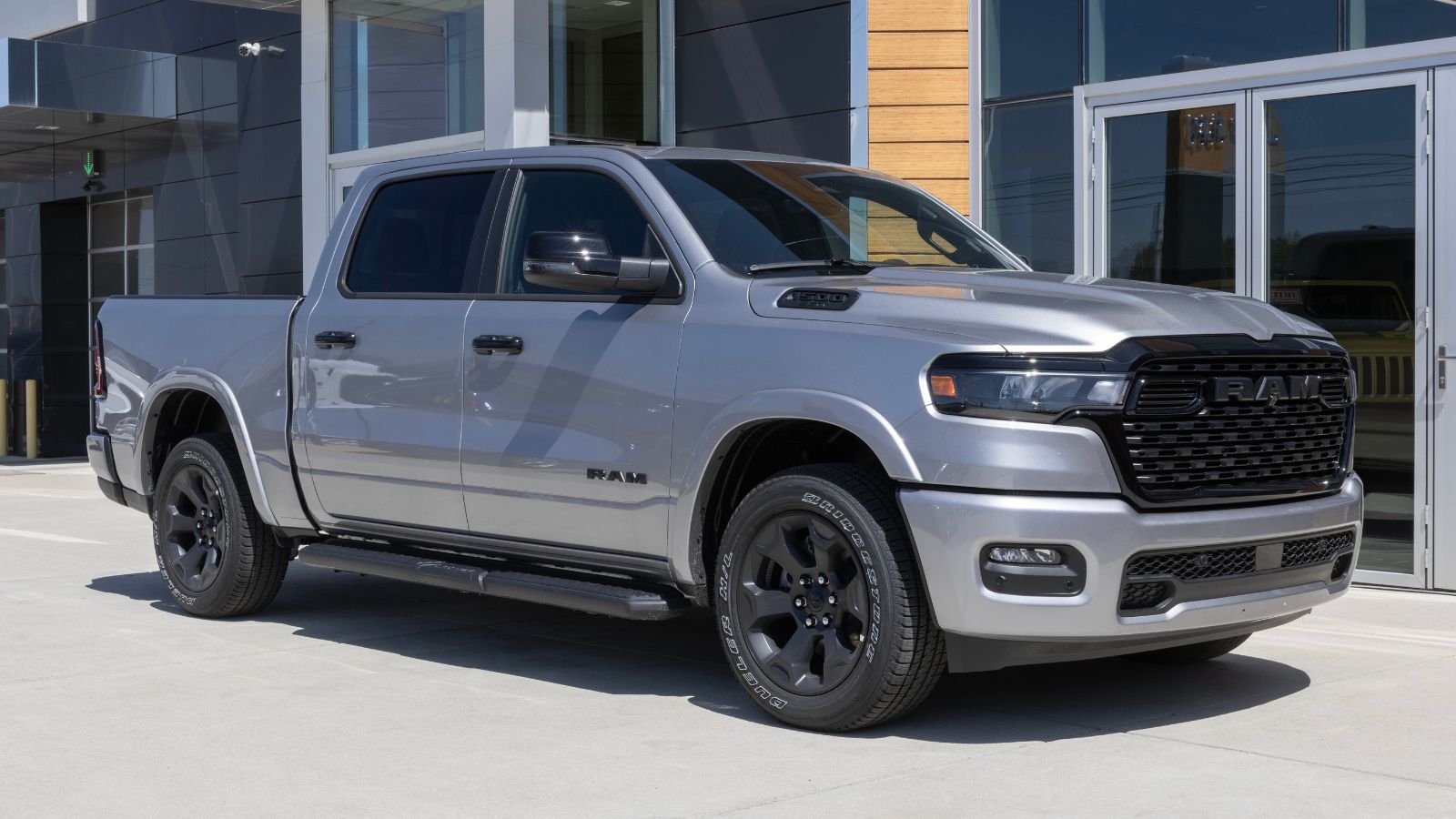
Ram trucks had issues with faulty tailgates popping open unexpectedly. The 2019–2021 Ram 1500 has faced multiple serious safety recalls in Canada. In April 2019, rear driveshafts on 4×4 trucks were found poorly welded, risking detachment and loss of propulsion, requiring replacement. Plus, a June 2019 recall impacted nearly 39,000 2019–2020 trucks due to a passenger airbag controller defect, which could have prevented airbag deployment in a crash. Imagine your hockey gear flying out on the 417—not a good look.
Nissan Rogue (2014–2020)
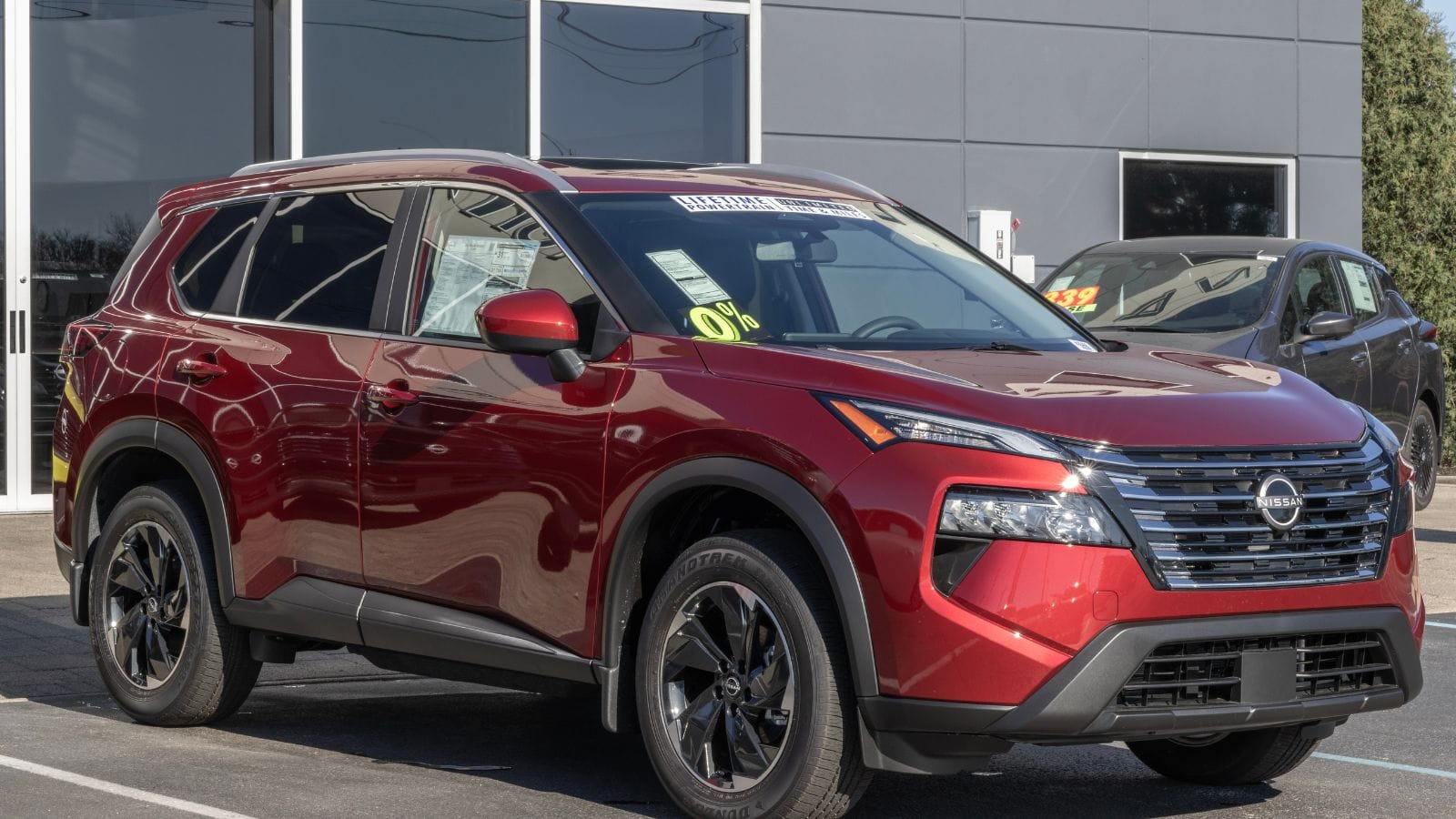
If you’re cruising around in a 2014–2020 Nissan Rogue, you might literally want to pump the brakes. Over 800,000 popular crossovers had a significant safety recall in Canada due to a wiring harness defect that could spontaneously short-circuit. That’s right—your dash could light up like a Christmas tree, your engine might stall without warning, and in worst cases, it could even lead to fires. Transport Canada flagged the issue under recall #2022-627.
Volkswagen Jetta (2016–2019)
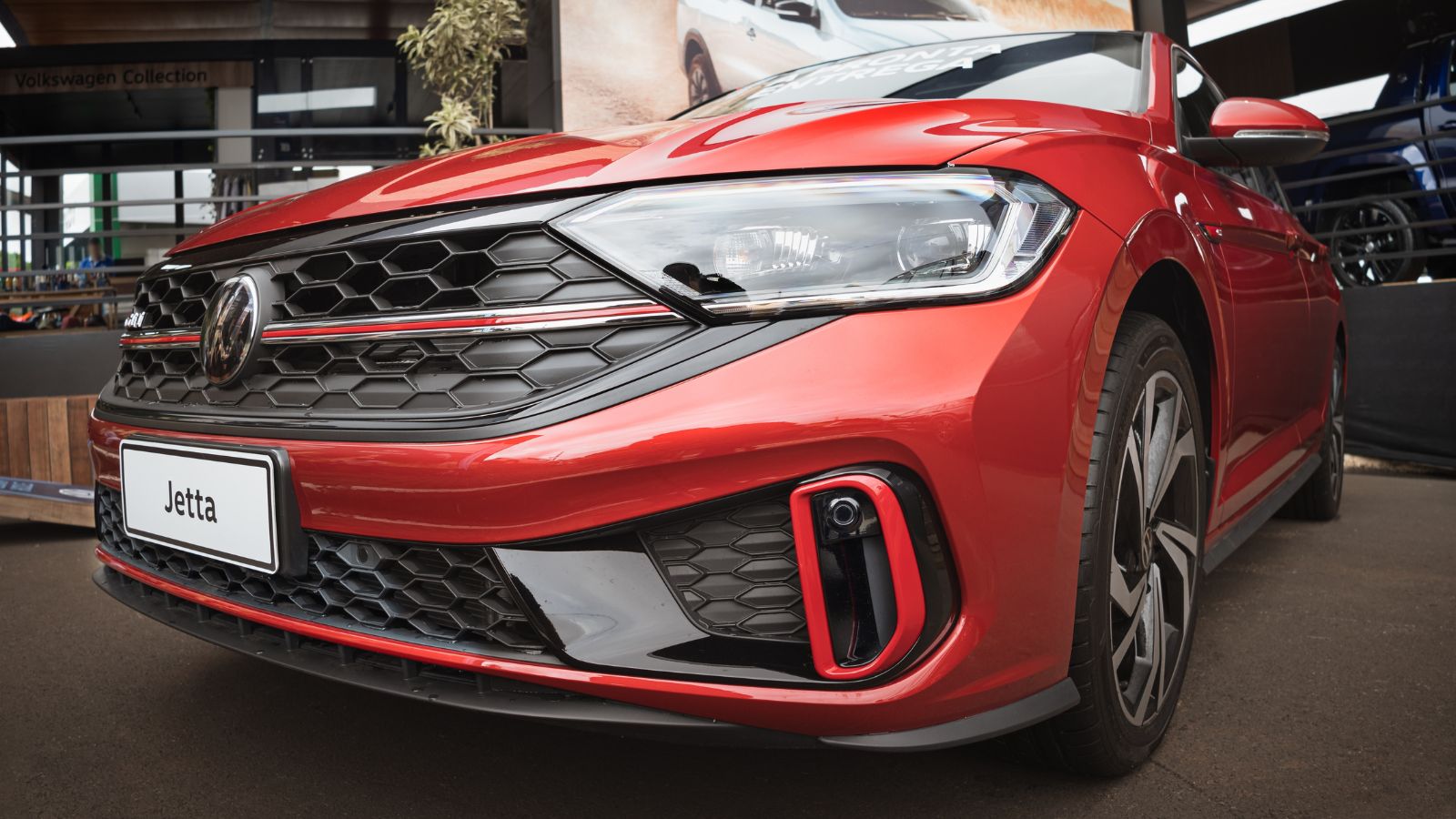
The Jetta’s ignition switches were faulty, potentially causing the engine to shut off without warning. Essentially, you’re piloting a runaway toaster with four doors. And if that’s not thrilling enough, some models also had rear coil spring issues that could lead to handling problems and tire damage. Sure, it’s got that European charm and great mileage, but no fuel savings are worth a surprise nap on the shoulder of the 401.
Subaru Outback (2015–2019)
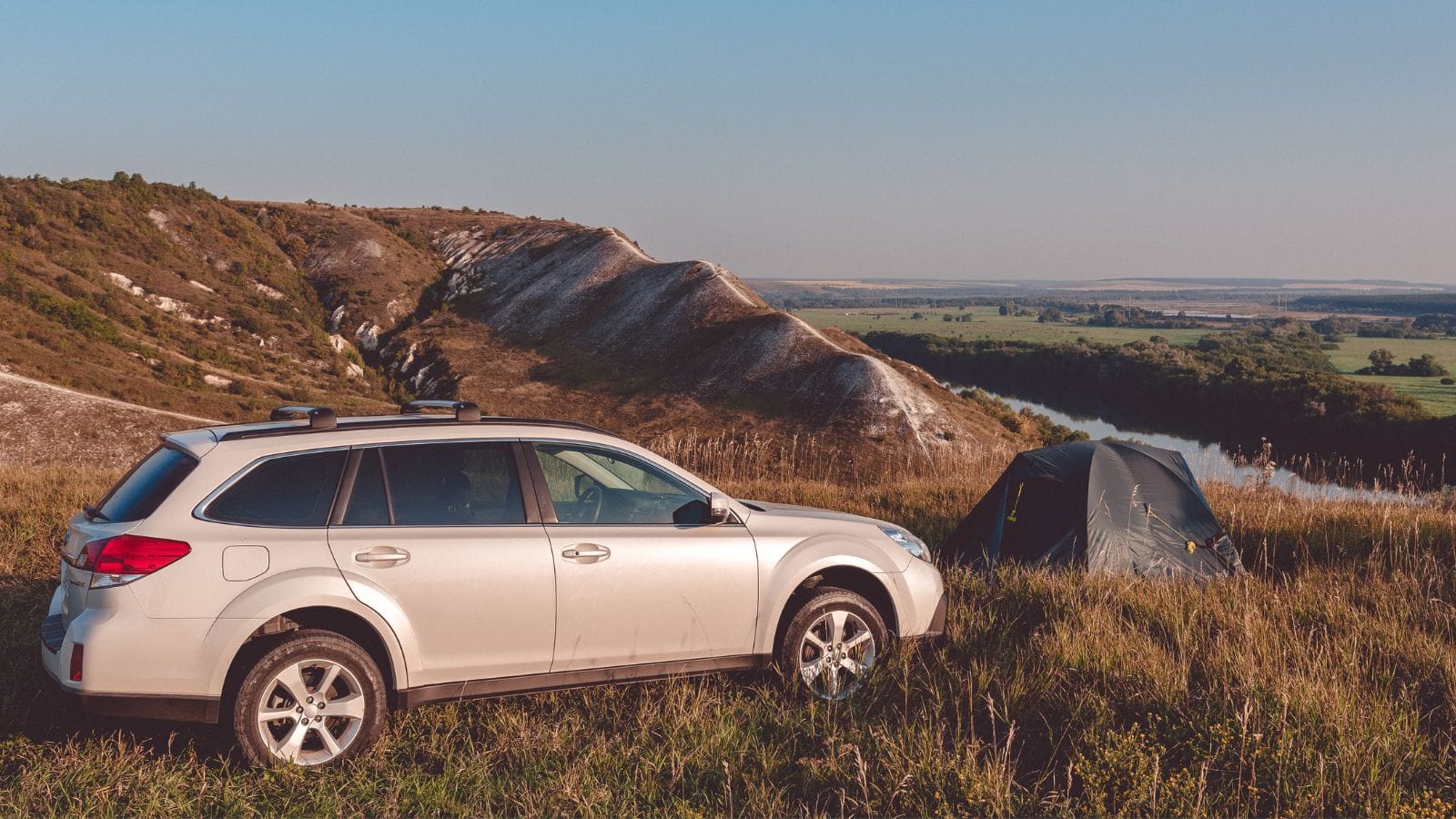
Subaru’s beloved family wagon had a recall for faulty brake lights that could fail to illuminate. No brake lights? No thanks. Especially in snowstorms where visibility is already dicey. Some models had airbag problems because nothing says “peace of mind,” like wondering if your safety cushion might be a no-show. Subaru issued recalls, but if that pre-loved Outback hasn’t been serviced, you could buy more trouble than trail cred.
Mazda3 (2014–2018)
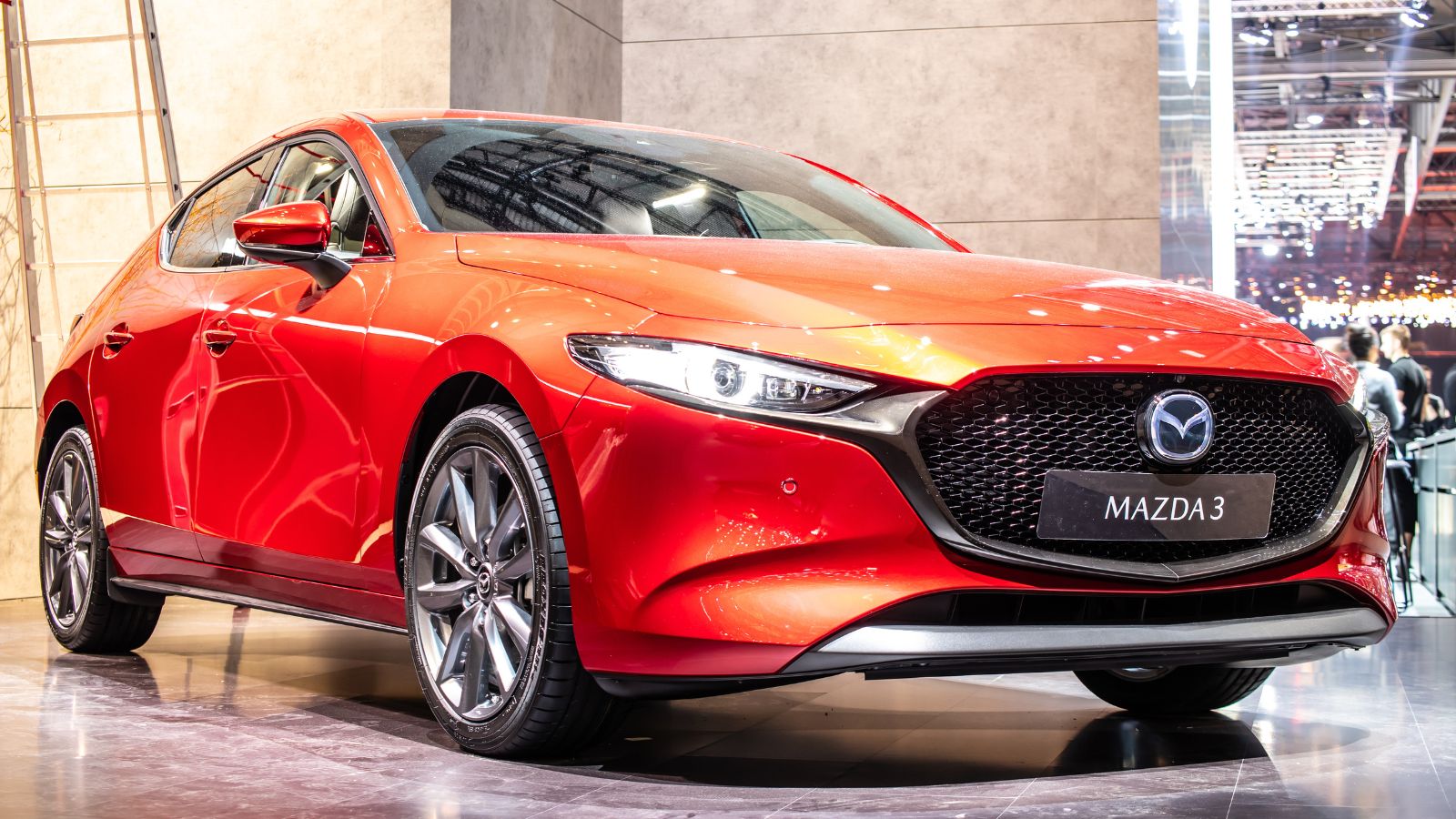
The Mazda3, while fun to drive, faced recalls for windshield wipers that could fail mid-downpour. Yes, because nothing says “safety hazard,” like your wipers quitting mid-downpour on the 401. The root? Water intrusion into the wiper motor causes corrosion, and—poof! —No visibility. Add in other recalls like parking brake issues and sudden loss of power steering (oh joy!), and you’ve got a more dramatic vehicle than a soap opera.
BMW 3 Series (2006–2011)
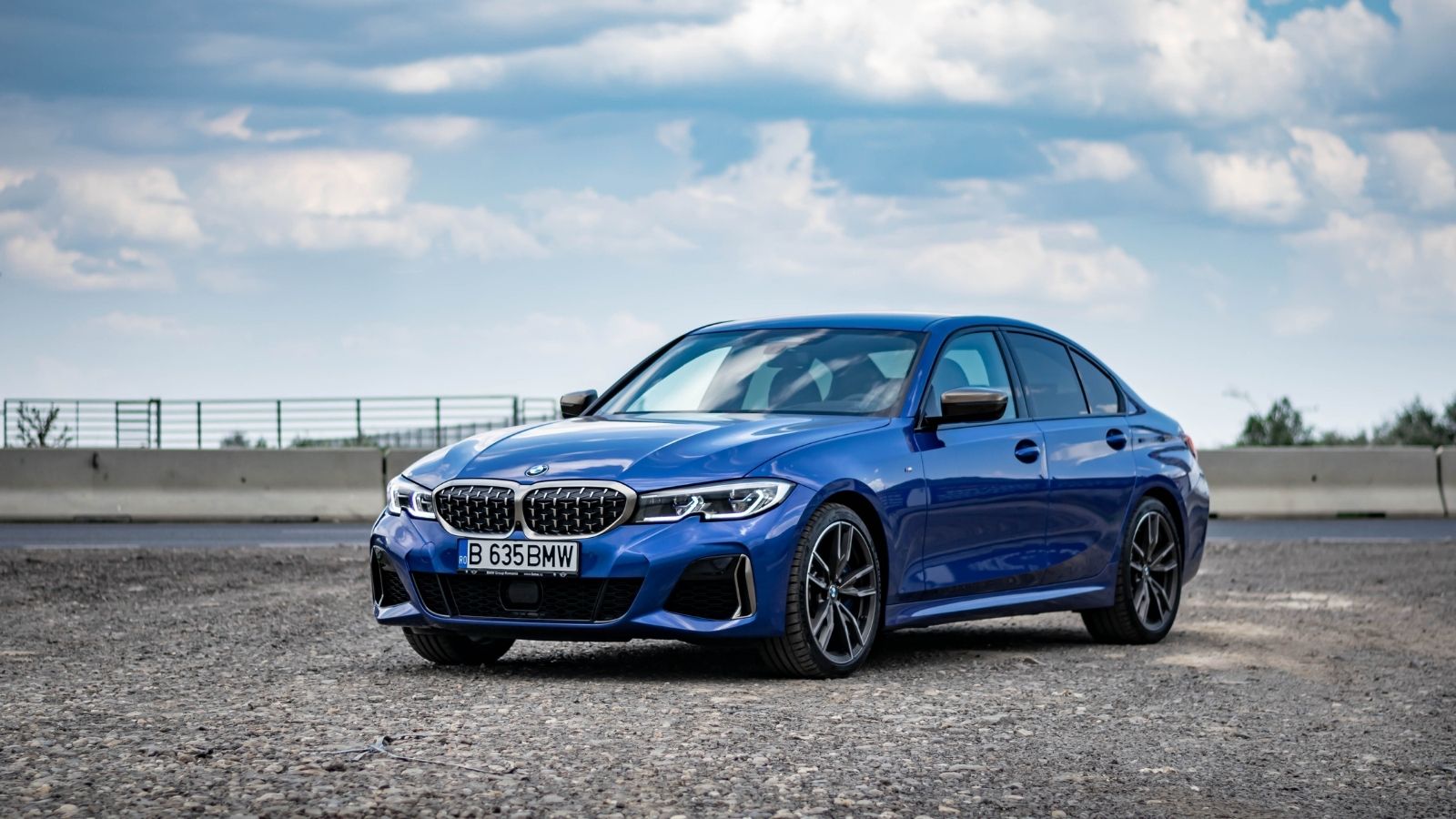
Are you thinking about zipping around in a 2006–2011 BMW 3 Series with the windows down and the wind in your perfectly styled hair? Maybe pump the brakes—literally. This Bavarian beauty was part of a significant safety recall in Canada thanks to the infamous Takata airbag fiasco. That’s right: these airbags had the unsettling habit of turning into tiny explosives due to degraded propellant, especially in humid conditions. Transport Canada flagged these models because the airbag inflators could rupture during deployment, hurling metal shrapnel like confetti at a birthday party from hell.
Acura MDX (2014–2017)
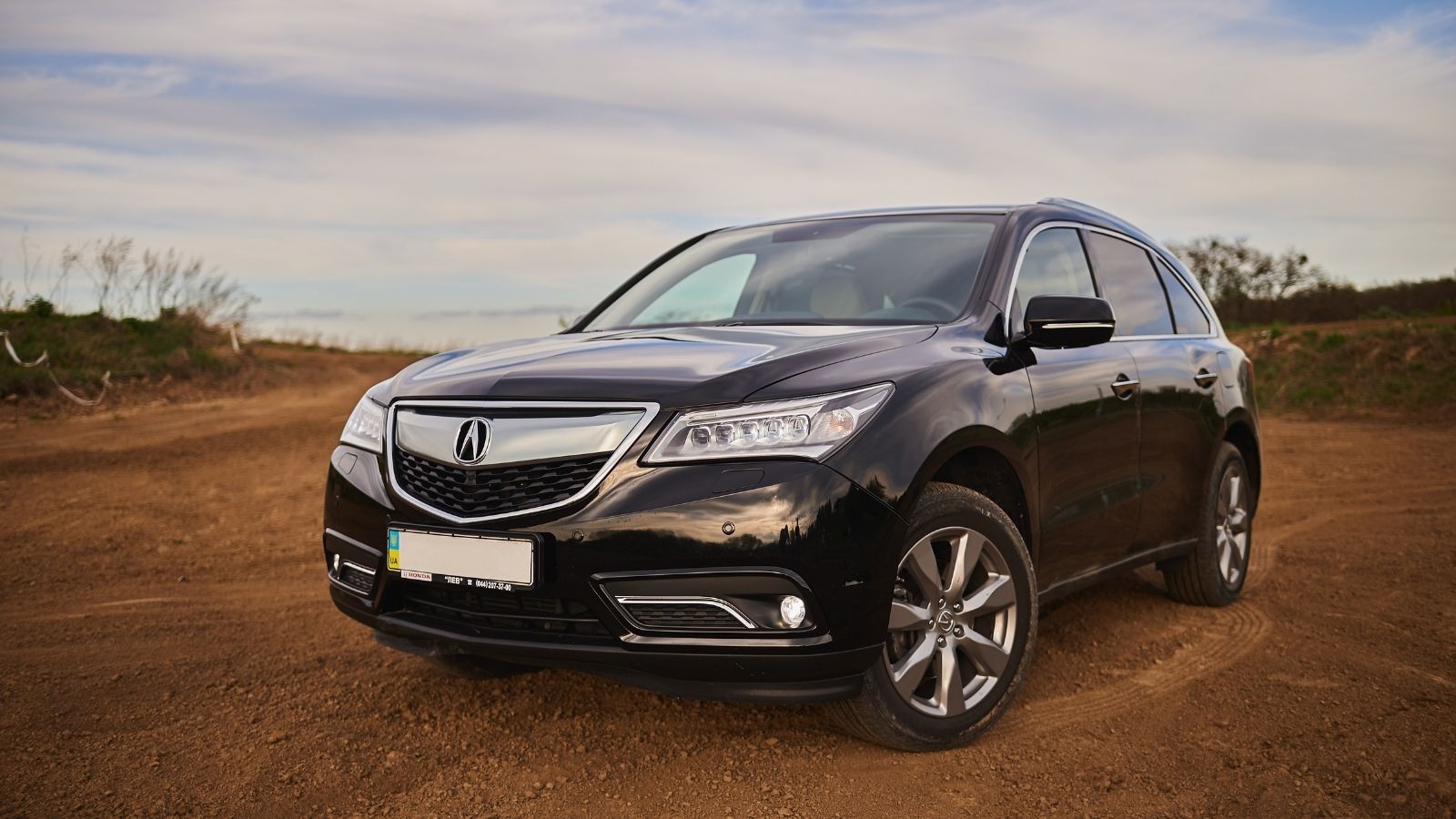
These luxury SUVs had issues with fuel tanks potentially detaching in a crash. Do you know what’s worse than running out of gas? Running out of power on the highway with gas in the tank. And don’t forget the airbag drama—specific MDX models were also swept up in the infamous Takata airbag recall (yep, the one where airbags can explode metal fragments). Acura did issue free repairs, but many vehicles may still be unrepaired on the used market.
Tesla Model S (2012–2018)
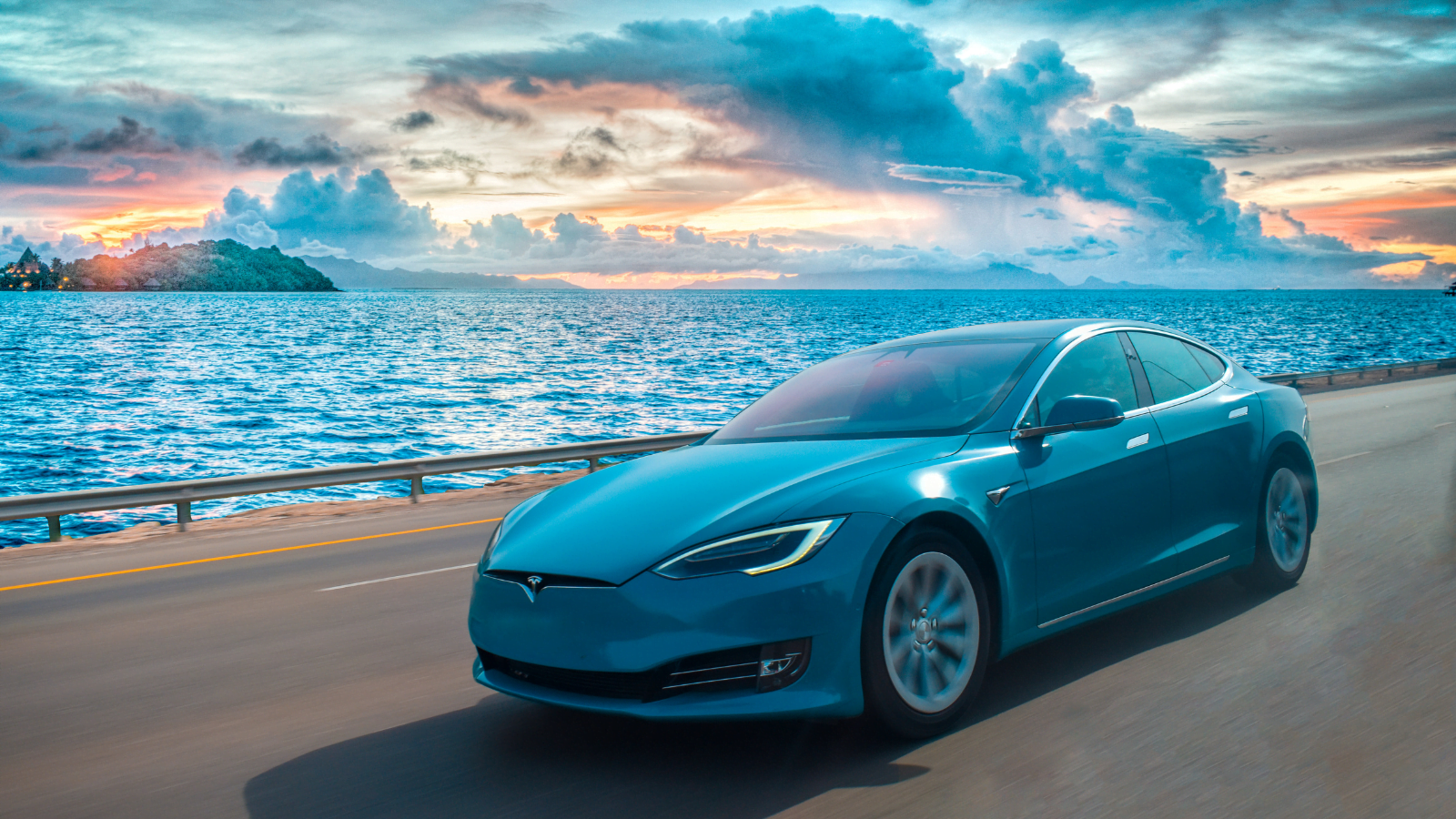
Despite its futuristic appeal, the Model S faced recalls for suspension issues and power steering failures. The culprit? A faulty front hood latch could open mid-drive and treat your windshield like a landing pad. Imagine explaining that to your insurance agent. Also, earlier recalls include suspension issues that could make steering feel like piloting a shopping cart with a wobbly wheel. While Tesla’s over-the-air updates fix software bugs faster than you can say “Autopilot,” you can’t Wi-Fi your way out of a physical part failure.
Mitsubishi Outlander (2014–2019)
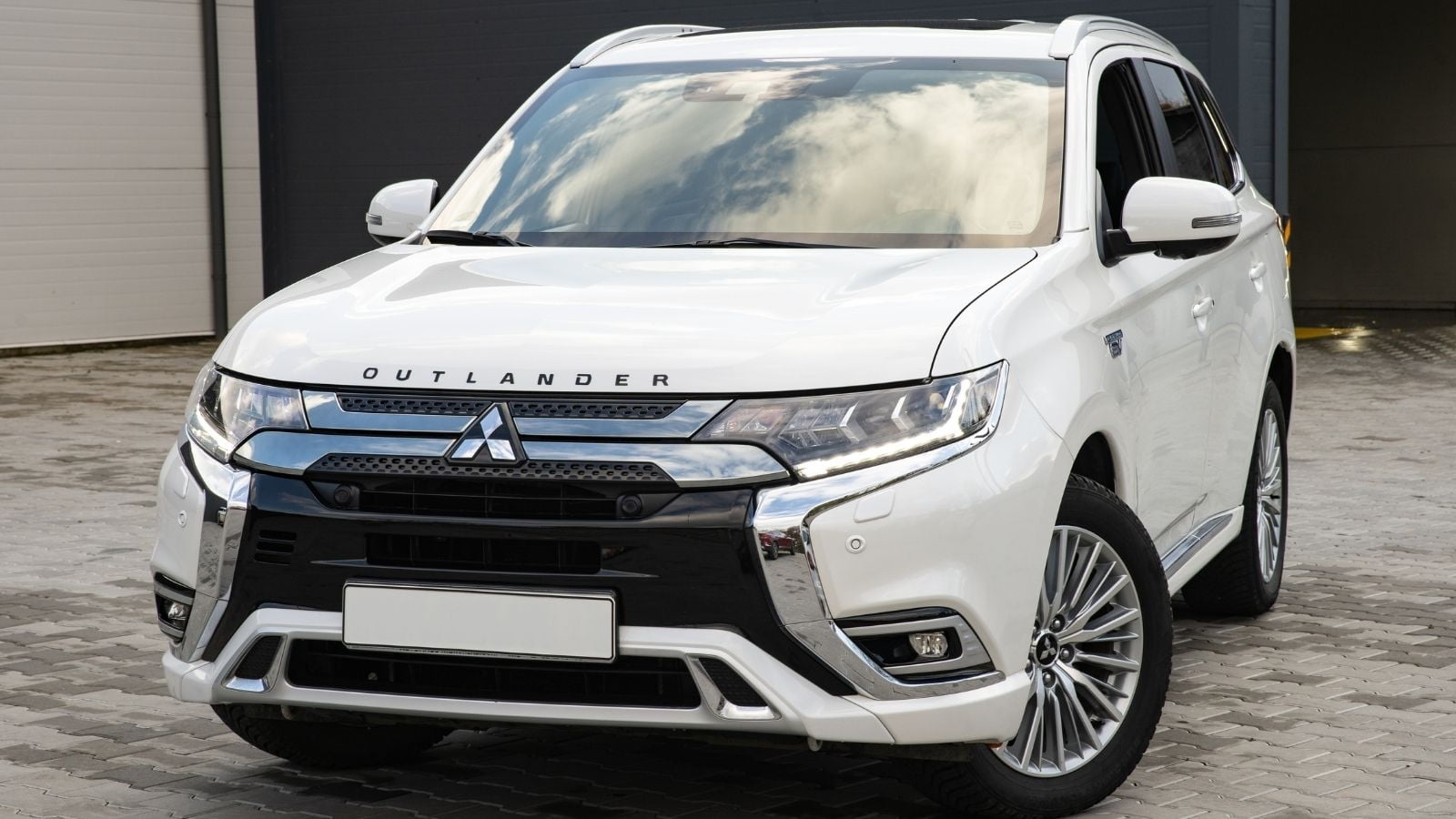
If you’re rolling around in a 2014–2019 Mitsubishi Outlander thinking you’re invincible, think again—Transport Canada might beg to differ. While comfy and family-friendly, this SUV had a major safety recall that’s less “oops” and more “yikes.” Specifically, over 66,000 Outlanders were recalled in Canada due to a parking brake defect—the very thing meant to keep your car from rolling away like a rogue shopping cart. Corrosion could cause the rear brake calipers to seize, making the parking brake less reliable than your uncle’s camping stories. And if that wasn’t enough, another recall flagged potential issues with seat belt locking mechanisms.
Chrysler Pacifica (2017–2020)
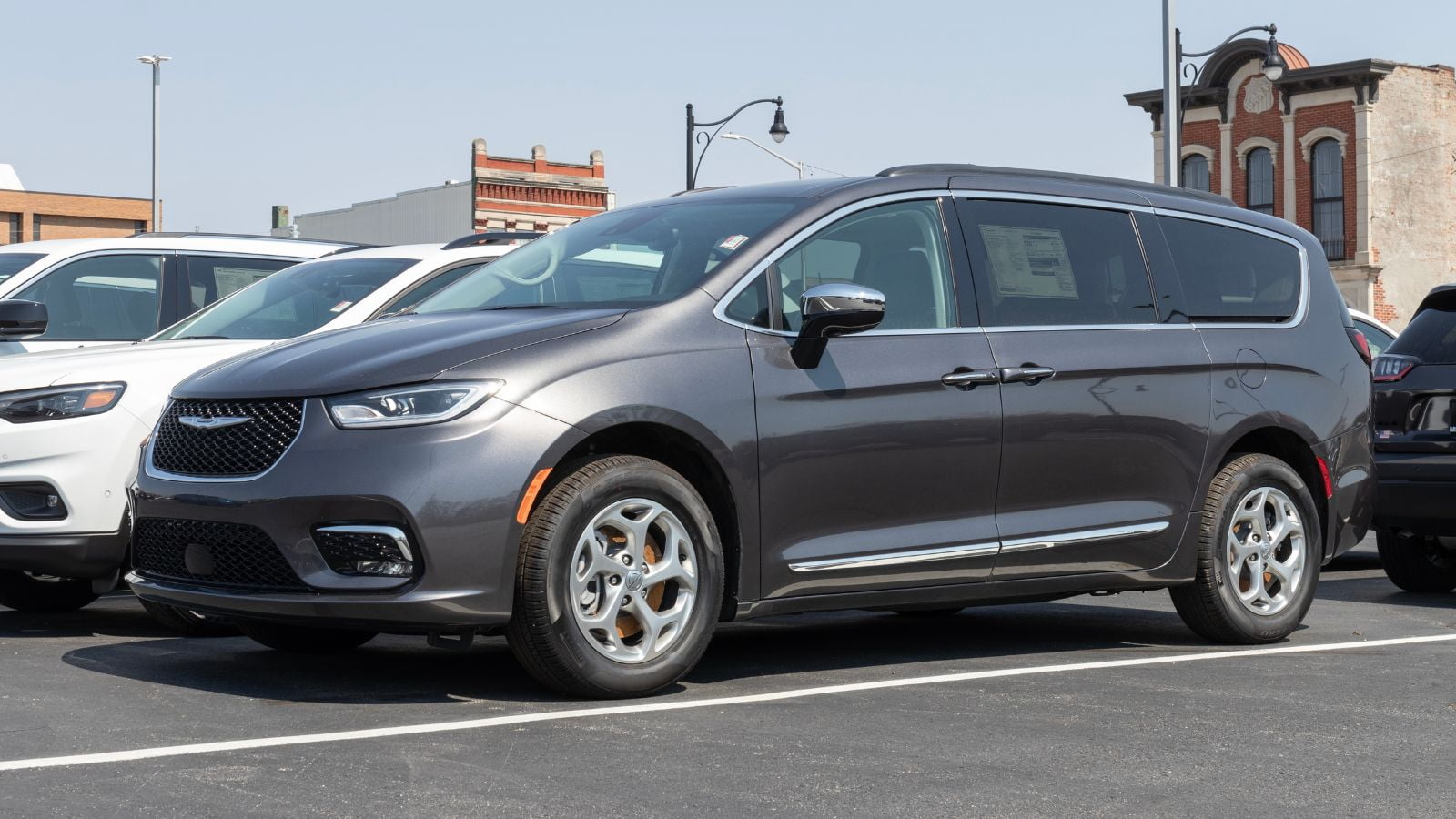
Once praised for its sliding doors and minivan swagger, this comfy family chariot has racked up some serious safety recalls, including a major one for potential engine stalling due to faulty wiring in the powertrain control module. Yes, your Pacifica might just shut down mid-commute like a rebellious teen. Transport Canada said over 13,000 units were affected by this glitch that could cut power without warning. Call your dealer, not your insurer.
Audi Q5 (2013–2017)
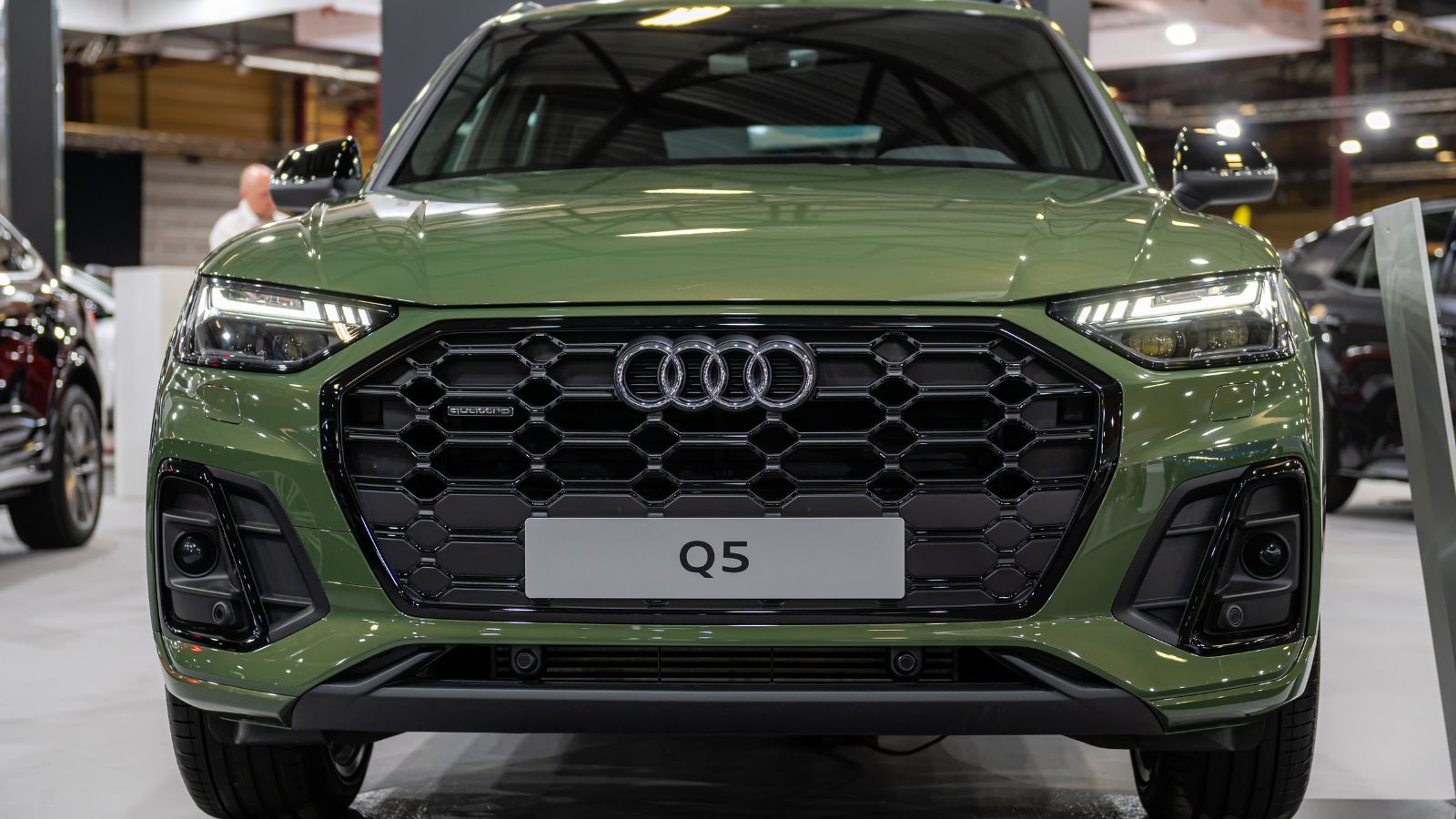
The Q5 had a serious sunroof drainage issue that could leak water into electronics and cause fires. The culprit? A leaky sunroof drain system. It might sound harmless, but when water sneaks into the airbag control module (that crucial life-saving gadget), it can cause airbags to misfire—or not fire at all. According to Transport Canada Recall #2018187, this water party could result in surprise airbag deployments or complete failure during a crash. Not precisely the German engineering you were promised. Nearly 90,000 vehicles were affected across Canada.
22 Times Canadian Ingenuity Left the U.S. in the Dust

When people think of innovation, they often picture Silicon Valley. However, Canada has a history of innovation, too. Whether it’s redefining sports, revolutionizing medicine, or just showing America up at its own game, Canadian inventors, thinkers, and dreamers have had their fair share of mic-drop moments. Here are 22 times Canadian ingenuity left the U.S. in the dust.
22 Times Canadian Ingenuity Left the U.S. in the Dust
